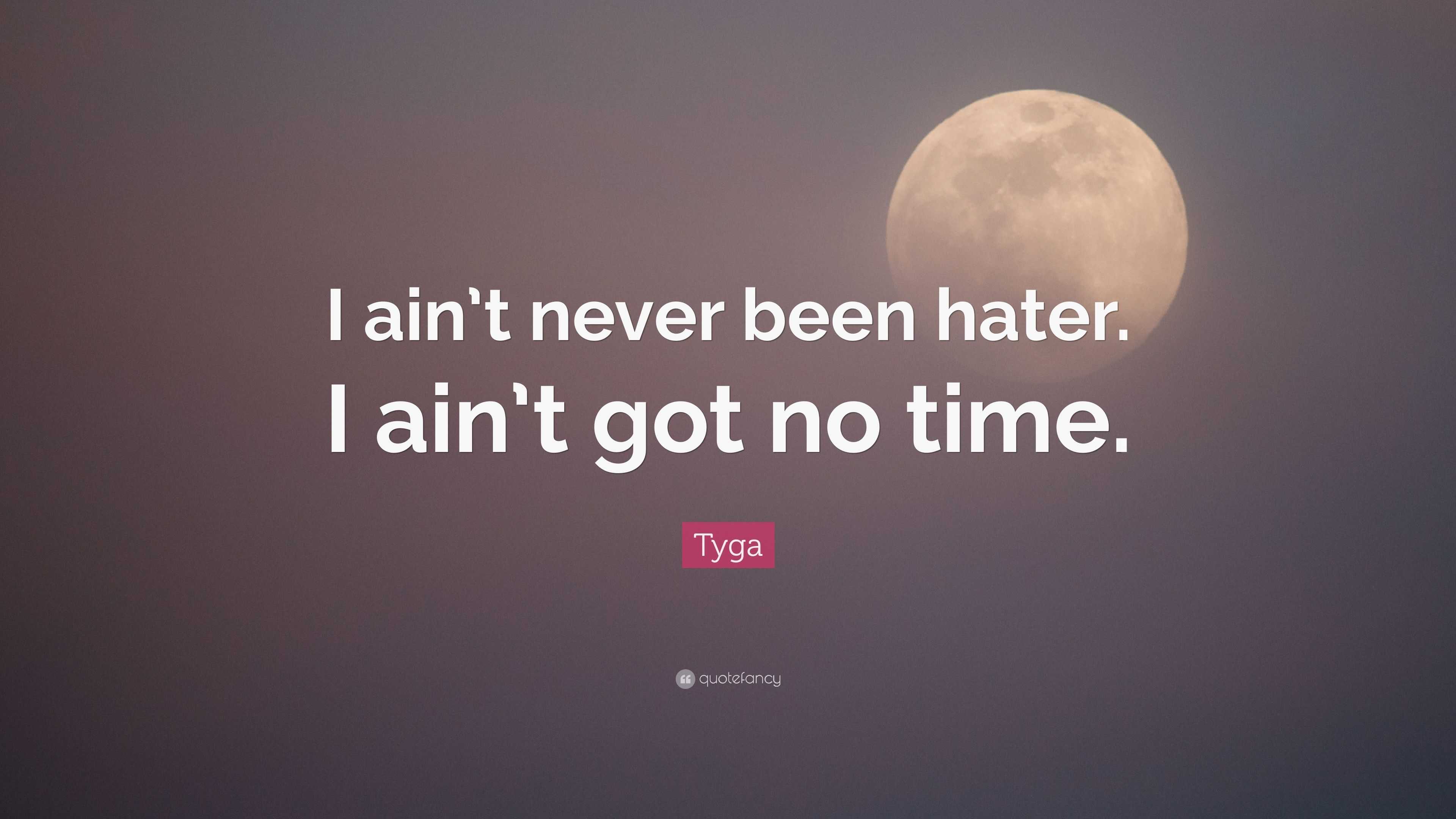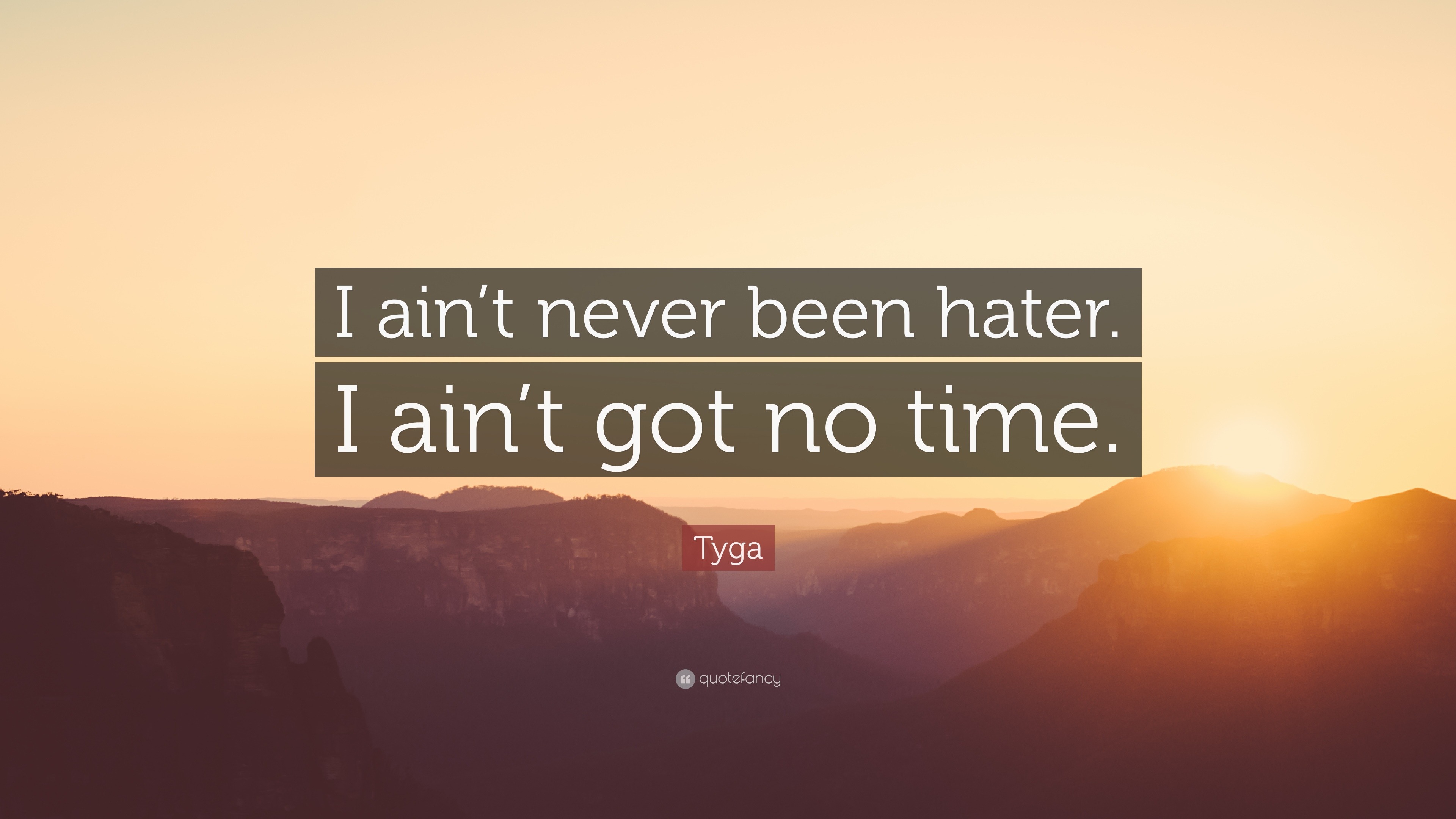I Ain't Never Been The Same: A Deep Dive Into The Meaning, Impact, And Cultural Significance
Mar 29 2025
There’s a certain rawness in the phrase "I ain't never been the same" that resonates deeply with people across cultures and generations. It’s not just a line; it’s an expression of transformation, a declaration of how an event, person, or experience has irrevocably altered someone's life. This phrase has become a cultural touchstone, capturing the essence of change in its most profound form. Whether it’s a breakup, a loss, or even a moment of triumph, this statement encapsulates the emotional weight of pivotal moments.
In today’s fast-paced world, where life-changing experiences occur more frequently than ever, understanding the depth of this phrase is crucial. It’s not just about the words themselves but the emotions and stories they carry. From literature to music, "I ain't never been the same" has found its way into various forms of art, reflecting the universal theme of transformation.
This article aims to explore the meaning, cultural significance, and impact of this powerful phrase. By examining its origins, usage, and the emotions it evokes, we hope to provide a comprehensive understanding that resonates with readers. Let’s dive into the world of "I ain't never been the same" and uncover its layers of meaning.
Read also:Coral Braces Transforming Smiles With Cuttingedge Orthodontic Technology
Table of Contents
- Origins and Evolution of the Phrase
- Cultural Impact and Popularity
- Psychological Perspective on Transformation
- Influence on Music and Lyrics
- Representation in Literature
- Real-Life Stories of Transformation
- Representation in Media and Film
- Role in Societal Change
- Frequently Asked Questions
- Conclusion and Call to Action
Origins and Evolution of the Phrase
The phrase "I ain't never been the same" has roots in colloquial English, originating from African American Vernacular English (AAVE). Its use dates back to the early 20th century, where it was primarily used in oral storytelling and blues music. The phrase gained traction as a way to express profound emotional shifts, often tied to personal struggles and triumphs.
Over time, the phrase evolved, finding its way into mainstream culture. Its usage expanded beyond AAVE, becoming a universal expression of transformation. Today, it’s commonly heard in pop culture, music, and even everyday conversations, signifying the enduring impact of its origins.
Historical Context and Usage
In the early days, "I ain't never been the same" was often associated with blues and jazz music, where artists used it to convey the pain and resilience of their experiences. As the phrase gained popularity, it began to appear in literature and film, further cementing its place in cultural history.
- Blues Music: Early adopters of the phrase, blues artists used it to express personal struggles and emotional depth.
- Literature: Writers incorporated the phrase into their works, using it as a metaphor for transformation and growth.
- Modern Usage: Today, the phrase is widely used in various forms of media, reflecting its continued relevance.
Cultural Impact and Popularity
The cultural impact of "I ain't never been the same" cannot be overstated. It has become a staple in modern culture, influencing everything from music to social media trends. Its ability to resonate with people from all walks of life is a testament to its universal appeal.
In recent years, the phrase has been popularized by celebrities and influencers, further amplifying its reach. Social media platforms like Instagram and TikTok have played a significant role in spreading its message, with users sharing their own stories of transformation and growth.
Modern Relevance
Today, "I ain't never been the same" is more relevant than ever. In a world where change is constant, this phrase serves as a reminder of the power of transformation. It encourages individuals to embrace change and see it as an opportunity for growth.
Read also:Discover The Secrets Of Diva Flawless Ass A Comprehensive Guide
- Social Media Trends: The phrase has inspired countless posts and videos, with users sharing their personal stories.
- Celebrity Endorsements: Famous personalities have used the phrase in interviews and public appearances, increasing its visibility.
- Global Reach: The phrase transcends cultural and linguistic barriers, resonating with people worldwide.
Psychological Perspective on Transformation
From a psychological standpoint, the phrase "I ain't never been the same" highlights the concept of transformation and personal growth. It reflects the idea that significant life events can lead to profound changes in one's identity and worldview.
Research shows that transformative experiences often result in increased self-awareness and emotional resilience. This aligns with the essence of the phrase, emphasizing the importance of embracing change as a catalyst for personal development.
Key Psychological Concepts
Several psychological theories support the idea of transformation through significant life events:
- Post-Traumatic Growth: The concept that individuals can experience positive change following a traumatic event.
- Identity Transformation: The process by which individuals redefine their sense of self after a life-altering experience.
- Emotional Resilience: The ability to adapt and thrive in the face of adversity.
Influence on Music and Lyrics
Music has long been a vehicle for emotional expression, and "I ain't never been the same" is no exception. Countless songs across various genres have incorporated the phrase, using it as a lyrical device to convey themes of change and transformation.
Artists like Beyoncé, Adele, and Kanye West have used the phrase in their music, bringing it to a global audience. These songs often explore themes of love, loss, and self-discovery, resonating with listeners on a deep emotional level.
Notable Songs Featuring the Phrase
- "Drunk in Love" by Beyoncé: The phrase is used to describe the transformative power of love.
- "Someone Like You" by Adele: The song captures the emotional impact of a breakup, reflecting the theme of transformation.
- "Ultralight Beam" by Kanye West: The phrase is used to express spiritual growth and transformation.
Representation in Literature
Literature has also embraced the phrase "I ain't never been the same," using it as a narrative device to explore themes of transformation and identity. Authors like Maya Angelou and James Baldwin have incorporated the phrase into their works, highlighting its relevance in storytelling.
Through literature, the phrase takes on new dimensions, offering readers a deeper understanding of the complexities of change. It serves as a reminder of the universal human experience of transformation, making it a powerful tool in storytelling.
Key Literary Works
- "I Know Why the Caged Bird Sings" by Maya Angelou: The phrase is used to describe the protagonist's journey of self-discovery.
- "Go Tell It on the Mountain" by James Baldwin: The novel explores themes of transformation and spiritual growth.
- "The Great Gatsby" by F. Scott Fitzgerald: While not explicitly using the phrase, the novel captures the essence of transformation through its characters.
Real-Life Stories of Transformation
Real-life stories of transformation are a testament to the power of the phrase "I ain't never been the same." From overcoming personal challenges to achieving professional success, these stories highlight the resilience and strength of the human spirit.
Interviews with individuals who have experienced transformative events provide valuable insights into the process of change. Their stories serve as inspiration, reminding us that transformation is possible no matter the circumstances.
Stories of Transformation
- Survivor Stories: Individuals who have overcome trauma and adversity share their journeys of healing and growth.
- Professional Success: Stories of individuals who have achieved success after facing significant challenges.
- Personal Growth: Accounts of everyday people who have embraced change and transformed their lives.
Representation in Media and Film
Media and film have played a crucial role in popularizing the phrase "I ain't never been the same." Movies like "Forrest Gump" and "The Pursuit of Happyness" use the theme of transformation to tell compelling stories that resonate with audiences worldwide.
Through media, the phrase takes on new meanings, offering viewers a glimpse into the complexities of change. It serves as a reminder of the power of storytelling and its ability to inspire and transform.
Notable Films
- "Forrest Gump": The film explores themes of transformation and personal growth.
- "The Pursuit of Happyness": The story of overcoming adversity and achieving success.
- "A Beautiful Mind": A tale of transformation and resilience in the face of mental illness.
Role in Societal Change
The phrase "I ain't never been the same" has also played a role in societal change, inspiring movements and initiatives aimed at promoting personal and collective transformation. Its message of resilience and growth resonates with individuals and communities striving for positive change.
From social justice movements to environmental initiatives, the phrase serves as a rallying cry for those seeking to make a difference. It reminds us that transformation is not only possible but necessary for a better future.
Examples of Societal Change
- Social Justice Movements: The phrase has been used to inspire action and promote change in various social justice initiatives.
- Environmental Activism: Advocates for environmental change use the phrase to emphasize the need for transformation in how we treat the planet.
- Community Development: Local initiatives focused on personal and community transformation often incorporate the phrase into their messaging.
Frequently Asked Questions
What Does "I Ain't Never Been the Same" Mean?
The phrase signifies a profound transformation or change in one's life, often resulting from a significant event or experience.
Where Did the Phrase Originate?
It originated in African American Vernacular English (AAVE) and gained popularity through blues and jazz music in the early 20th century.
How Is the Phrase Used in Modern Culture?
Today, it’s used in various forms of media, including music, literature, and social media, reflecting its continued relevance and universal appeal.
Conclusion and Call to Action
In conclusion, "I ain't never been the same" is more than just a phrase; it’s a powerful expression of transformation and growth. Its origins in AAVE and its evolution into mainstream culture highlight its enduring impact and universal appeal. Whether through music, literature, or personal stories, the phrase continues to inspire and resonate with people worldwide.
We invite you to share your own stories of transformation in the comments below. How has a significant event or experience changed your life? By sharing your story, you contribute to a global conversation about the power of change and the resilience of the human spirit.
Thank you for reading, and don’t forget to explore our other articles for more insights and inspiration. Together, let’s embrace transformation and make a difference in our lives and communities.


